Both the desire to know and the desire to love can be observed and understood, affirmed for what they really are, and then gradually appropriated, making possible a fuller human development and life more abundant in community. This discovery was made progressively by Bernard Lonergan in his life and work as a philosopher and methodological theologian. It is possible to trace this moving viewpoint in his writings, where he thematizes self-appropriation and presents it pedagogically in Insight: A Study of Human Understanding. Self-appropriation is heightened to reach the existential level by Method in Theology, where Lonergan makes religious conversion--complete being-in-love with God as a gift of grace--foundational for the theological enterprise. The securer openness to truth and goodness which comes with this redemptive gift enlarges human horizons and heals faltering achievement so that we can more consistently live out of the desire we are. Consideration is given, on the one hand, to obstacles to development, and on the other, to ways of becoming more at home with our own desire and of cooperating freely with the action of grace. This book demonstrates the relevance of appropriating the eros of the human spirit to both the pursuit of theologians and the faith journey of Christian believers. +
Hinweis: Dieser Artikel kann nur an eine deutsche Lieferadresse ausgeliefert werden.
Hinweis: Dieser Artikel kann nur an eine deutsche Lieferadresse ausgeliefert werden.

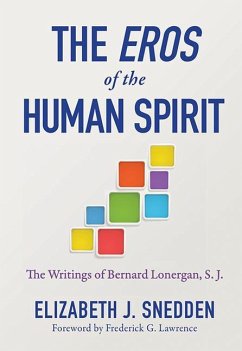
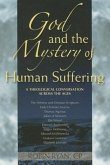
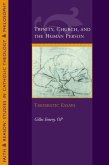
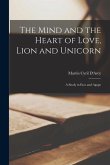
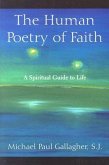
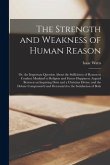
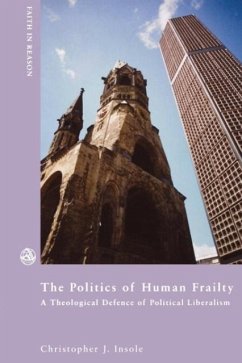
![The Pulpit and Human Life [microform]; or, The Minister as the Interpreter and Spiritual Leader of Human Life. An Address Delivered to the Students of The Pulpit and Human Life [microform]; or, The Minister as the Interpreter and Spiritual Leader of Human Life. An Address Delivered to the Students of](https://bilder.buecher.de/produkte/66/66135/66135054m.jpg)